Tea in China // Customs and Traditions
If you’ve been learning Chinese for a little while and like to start your day with a cup of tea, then you probably know the word for tea in Chinese already.
Essential Vocabulary: 茶 (chá)
Today the majority of the Chinese population, from all walks of life carry flasks of tea that are topped up with hot water at regular intervals!
Or if you have been invited into a Chinese home, the first thing you will be offered is a cup of Chinese tea.
When drinking tea from a small cup it is preferable to finish it in three sips:
- Tasting the tea
- Drinking the tea
- Savoring the tea
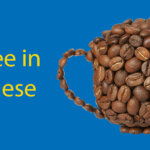
Coffee in Chinese ☕️ A Complete Guide to Ordering a Cup of Joe in China
Do you know how to order a coffee in Chinese? Well luckily for you LTL has a complete guide of how to order all your favourite types of coffee!
Tea in China || Brief History
Tea in China || How to Prepare and Serve Tea in China
Tea in China || Types of Tea
Tea in China || How to order Tea in Chinese?
Tea in China || Where to buy Tea in China?
BONUS || FREE CHEATSHEET DOWNLOAD
Tea in China || FAQs
Brief History

Apart from coffee and cocoa, Tea is one of the most widely consumed hot beverages in the world.
But do you know from where this popular drink originated?
China!
China is the homeland of tea 茶之故乡: Chá zhī gùxiāng.
It was one of the first countries in the world to have planted tea and is considered to be the original homeland of tea culture.
Thanks to different geographic climates, Chinese people have developed different varieties of teas with unique flavors – if you have been to China this isn’t new information!
Discovery of Tea in China
The discovery of tea if often attributed to the legendary ruler of China, Shennong (神农), who lived some 5,000 years ago!
Working in the trade of medicine as a herbalist, he found that tea from the plant Cameilla sinesis acted as an antidote to poison.
In fact, tea started out as a medicine. Many ancient and modern scholars have agreed that tea can cure many illnesses and provide various health benefits such as:
- Improved Vision
- Reduce Drowsiness
- Treat coughs
Fact: ‘One day without tea will bring illness’ – saying from the Tang Dynasty
Therefore, it was because of China that the custom of tea-drinking spread to other Asian countries such as India and Japan.
Further, this widespread distribution of tea was mainly due to the cultural exchanges via the Tea Horse Road (茶马古道: Chámǎgǔdào) and other trade channels.
Buddhism and Tea
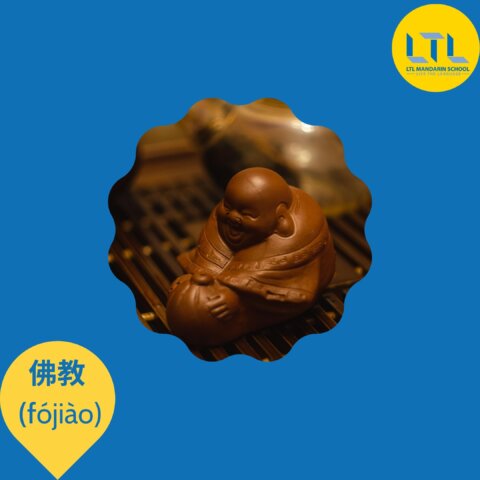
Tea has also been long associated with Buddhism and can often be found growing in monastery gardens.
Essential Vocabulary: Buddhism in Chinese is 佛教: fójiào
Tea has three very strong points as far as practising Buddhism is concerned:
- During mediation it uplifts the spirits
- It aids digestion
- Doesn’t lead to thoughts of the opposite sex
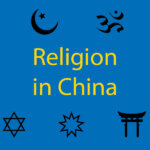
Definitive Guide to Religion in China 🌏 What Are The Most Followed Religions Worldwide?
China Religion – You’ll find a lot of religions have passed through China from time to time. Follow our Ultimate Guide to Religions in China.
How to Prepare and Serve Tea in China?
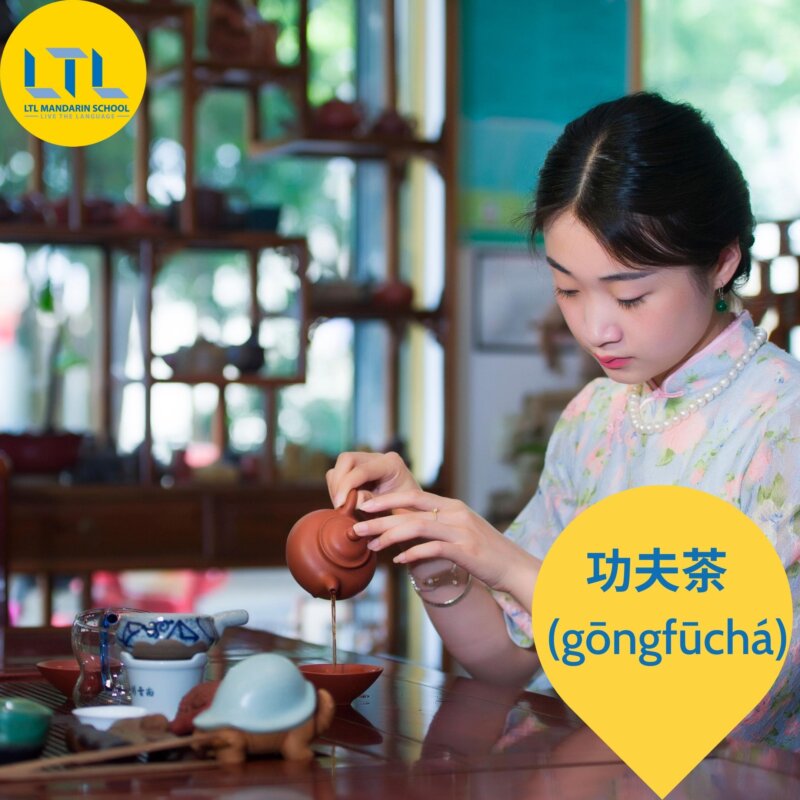
Typically, many people serve tea in China using the 功夫茶: gōngfūchá or Gongfu Tea ceremony method.
This literally means making tea with skill.
It is popular method of preparing and presenting tea in China.
It makes use of small Yixing teapots to prepare and serve the beverage.
Water quality and temperature are the two most important aspects that have to be considered while brewing tea.
The procedure is mostly applicable to Oolong teas, but can be performed for 普洱茶: pǔ’ěr chá & 红茶: hóngchá.
Last year I went to a tea ceremony in China and can honestly say it was a very enjoyable experience!
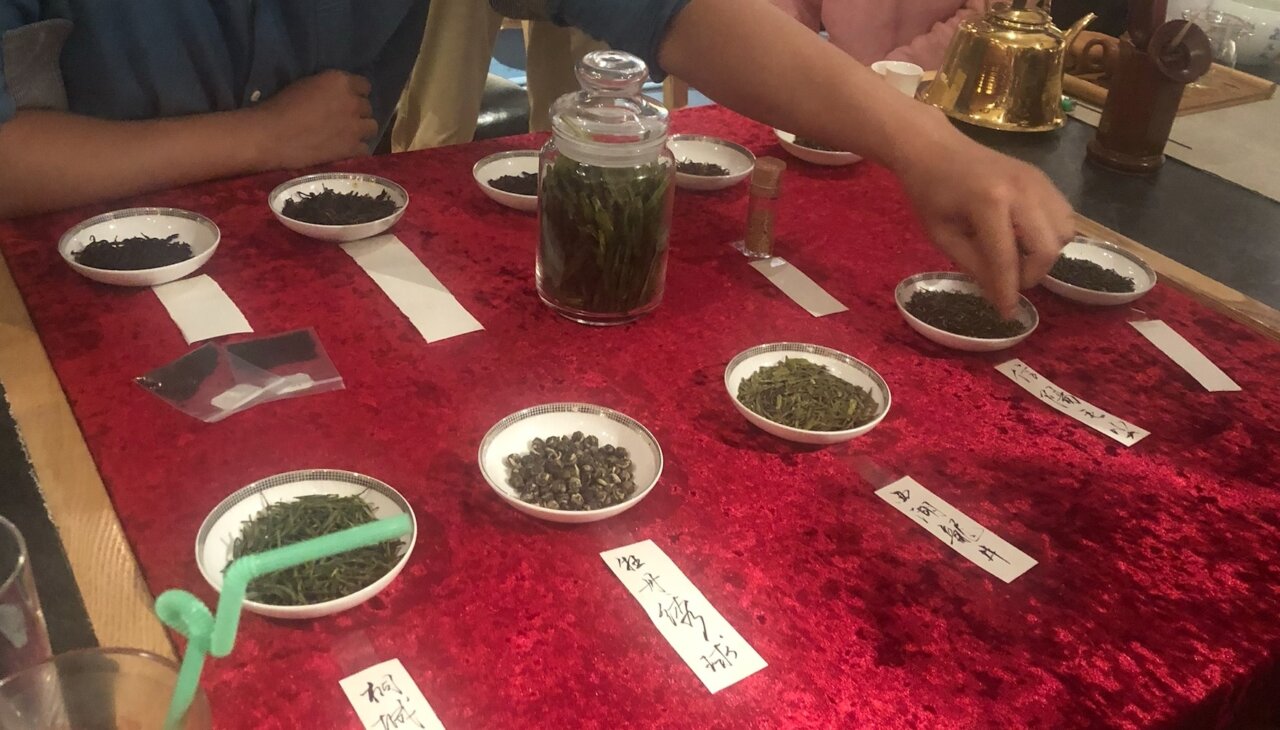
I was invited by my Chinese friend to attend a lesson on Chinese tea!
The ceremony whilst very small, was a terrific evening.
If you would like to attend a tea ceremony, I would recommend asking your Chinese teacher or friend, as they can help you find a good teahouse to visit.
Tea lover or not, it helps you learn more about Chinese customs and traditions.
In many ways, tea is a way of life in China! Therefore, learning about the ‘art’ of tea is a first good step to learn more about Chinese culture.
Types of Tea
There are many different varieties of tea in China, but here are the four most common teas to brew.
Did you know that according to traditional Chinese medicines, people should drink tea based on different seasons?
Green Tea: 绿茶
Green Tea or 绿茶: lǜchá is the most widely-consumed variety of tea in China.
Most preferable to drink in summer, because of its freshness, it can help relieve the heat inside your body and cool you down.
Oolong Tea: 乌龙茶
Oolong Tea or 乌龙茶: wūlóngchá is mostly widely consumed in autumn, because it is said to help to hydrate your body during the dry weather.
These tea leaves can be recognized by their unique colouring – green in the centre and reddish brown around the edges; this tea has a long-lasting flavor.
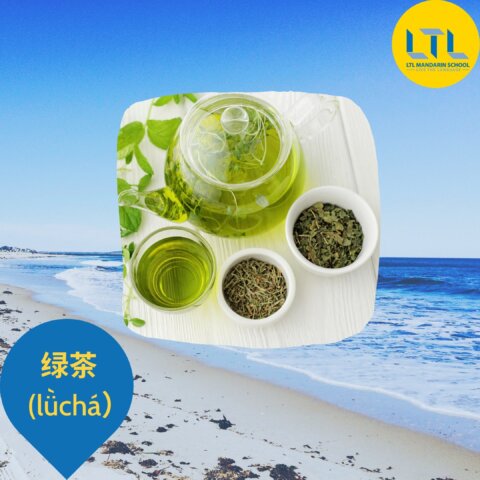
Green Tea – Summer 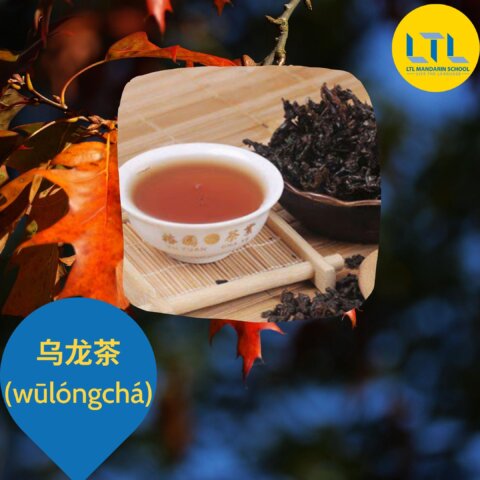
Oolong Tea – Autumn
Black Tea: 红茶
Black tea or 红茶: hóngchá is the most favoured in the Western World.
Did you know that in China, this tea is known as ‘Red Tea’ due to the colour of its liquid!
Considered as a ‘warm food’, black tea is most suitable to drink in the cold winter months.
Jasmine Tea: 茉莉花茶
Jasmine Tea or 茉莉花茶: mòlìhuāchá is best for the spring because it is really refreshing and it can help to release all the tiredness from the winter.
It is also good to calm you down, when you’re upset or irritated, and apparently it helps to improve your vision and nourish the skin.
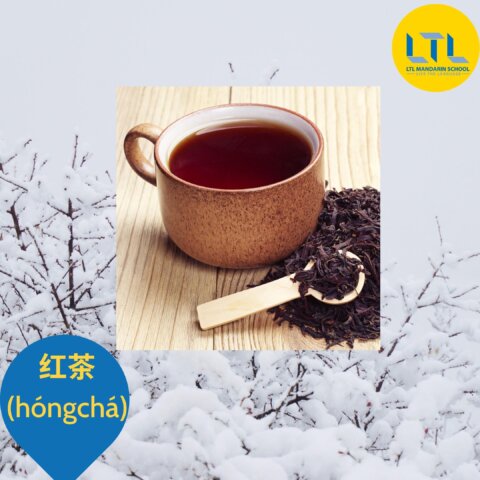
Black Tea – Winter 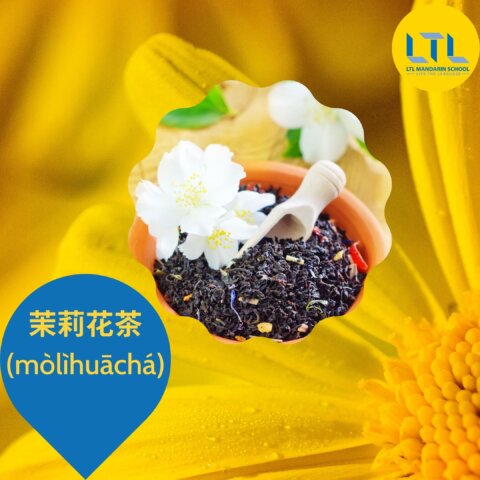
Jasmine Tea – Spring
How to Order Tea in Chinese?
The first thing you’ll do when ordering your drink is to specify which tea you’d like, you should have the vocabulary to do that now.
But here’s an example sentence to help you along with the grammar:
我要一杯绿茶 (Wǒ yào yī bēi lǜ chá) – I’d like a cup of green tea
Note: the measure word for tea here is 杯 (bēi) meaning ‘cup’.
So if you’d like 2 teas instead you’d say: 我要两杯绿茶 (Wǒ yào liǎng bēi lǜ chá)
And if you have a ‘blank’ in the moment and forget the measure word, no worries! You can always use 个 (Gè) and the waiter will understand you just fine
Where to Buy Tea in China?
Tea can be found everywhere in China, from street markets to supermarkets, and from tea shops to even tea malls!
The most common places to buy Tea in Beijing is at Mailandao Tea Street or in Shanghai at Tianshan Tea Market.
As tea drinking is popular all over China, different areas have their favorite types. Here are three top cities to buy ‘famous’ teas.
- Hangzhou
- Famous tea: Dragon Well
- Suzhou
- Famous tea: Green Spiral
- Huangshan
- Famous teas: Yellow Mountain Furry Tip, Keemun Black, Yellow Mountain Tribute

Utterly Essential Vocabulary for Shopping in Chinese 🛍
52 Essential Words & Phrases for Going Shopping in Chinese Who doesn’t like shopping?! Going Shopping in China is far more fun when you know the essential vocabulary for Shopping in Chinese so let’s learn 52 key words and other…
How Much Is Tea?
Well this depends! For example, if you buy tea from a supermarket it normally cost around 30 yuan for a packet.
But if you go to a tea shop or mall, you could end up paying a minimum of 100 yuan per ounce or two.
Tip: It is probably best to bargain to get the best price. Vendors usually quote foreigners a price that is very high! So we would recommend to take along a native friend or someone who speaks Chinese with you, to get the best tea for a good price!
BONUS – Free CHEATSHEET
Like your coffee as much as your tea? If so, we think you’ll find this useful!
We’ve spent some time putting the ultimate cheatsheet together… here it is in all it’s glory!
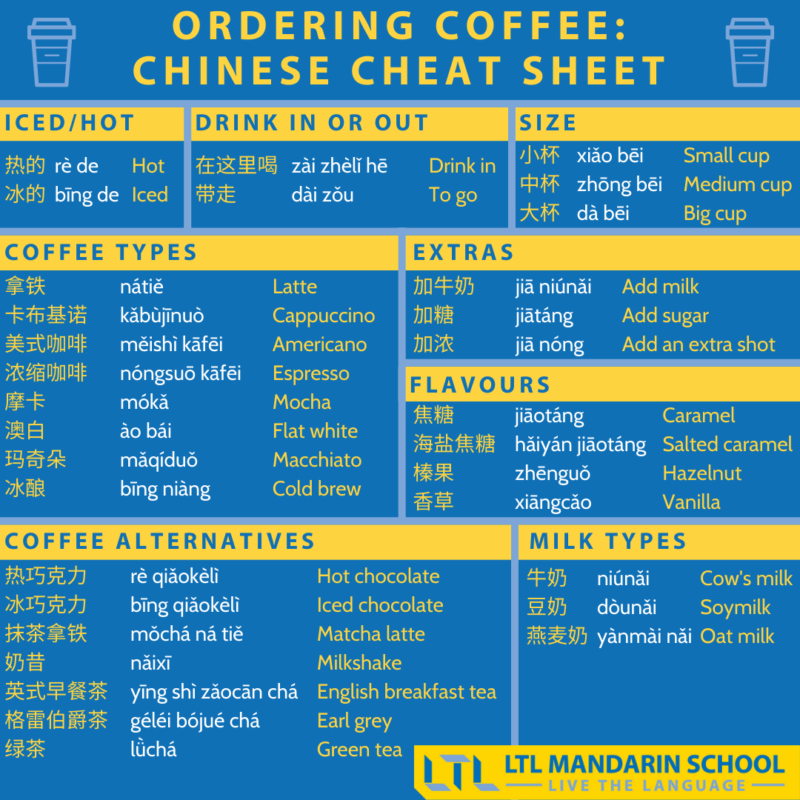
Tea Customs in China || FAQs
How do you say Tea in Chinese?
Tea in Chinese is 茶 chá.
How do you say Coffee in Chinese?
咖啡 kāfēi. This is an easy one to remember because the sound is very similar to English.
Is Tea beneficial to Your Health?
In short yes, it is considered a form of medicine.
According to Chinese traditional medicine, there are some teas that can specifically help certain health conditions.
For example, Green Tea can help with Weight Loss and strengthen your bones.
Is the Tea Culture Big in China?
Tea culture is very big in China. There are many Tea markets and plenty of teahouses spread far and wide across the country.
Can I find Western Tea Brands in China?
Yes. In fact Western-Style Tea imports to China has grown in recent years.
Common brands like the U.K.’s Twinings and Lipton can be found in China, but they are a tad pricy.
How do I choose a Tea I like?
Tea is always served at restaurants, so if you find a flavor you like, ask your server to write the name in Chinese for you to use when you visit a tea store.
Similarly, you can go to a teashop and taste a couple of samples you think you might like.
Want more from LTL?
If you wish to hear more from LTL Mandarin School why not join our mailing list.
We give plenty of handy information on learning Chinese, useful apps to learn the language and everything going on at our LTL schools!
Sign up below and become part of our ever-growing community!


 Hi, my name is Mojca. I am from Slovenia in Europe and I work as a student advisor at our Beihai school.
Hi, my name is Mojca. I am from Slovenia in Europe and I work as a student advisor at our Beihai school.





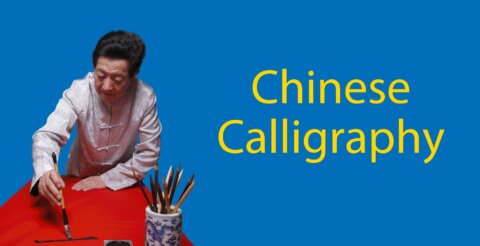


8 comments
I love Chinese tea! Do you know if I can buy these kinds of teas in my home country, the UK?
Yes you should be able to! You can go and visit Chinatown to buy some local teas.
LTL
Nice read - love tea, especially pu'er.
Thanks Rob - we love it too. China's good for things like tea!
[…] breakfast tea, green tea, jasmine tea and instant coffee (a couple of […]
When you brew green tea, excessive heat or over-steeping will result in a bitter tea. An instant digital probe thermometer and a simple kitchen timer are valuable tools when you’re brewing tea!
I started studing chinese, because I study 茶道, nice entry! I cannot access to the free cheat sheet 🙁
Thanks for the nice comments.
The cheatsheet should be available now, I think there was an error. Thanks a lot for pointing it out!
Hope it's useful for you 🙂
LTL